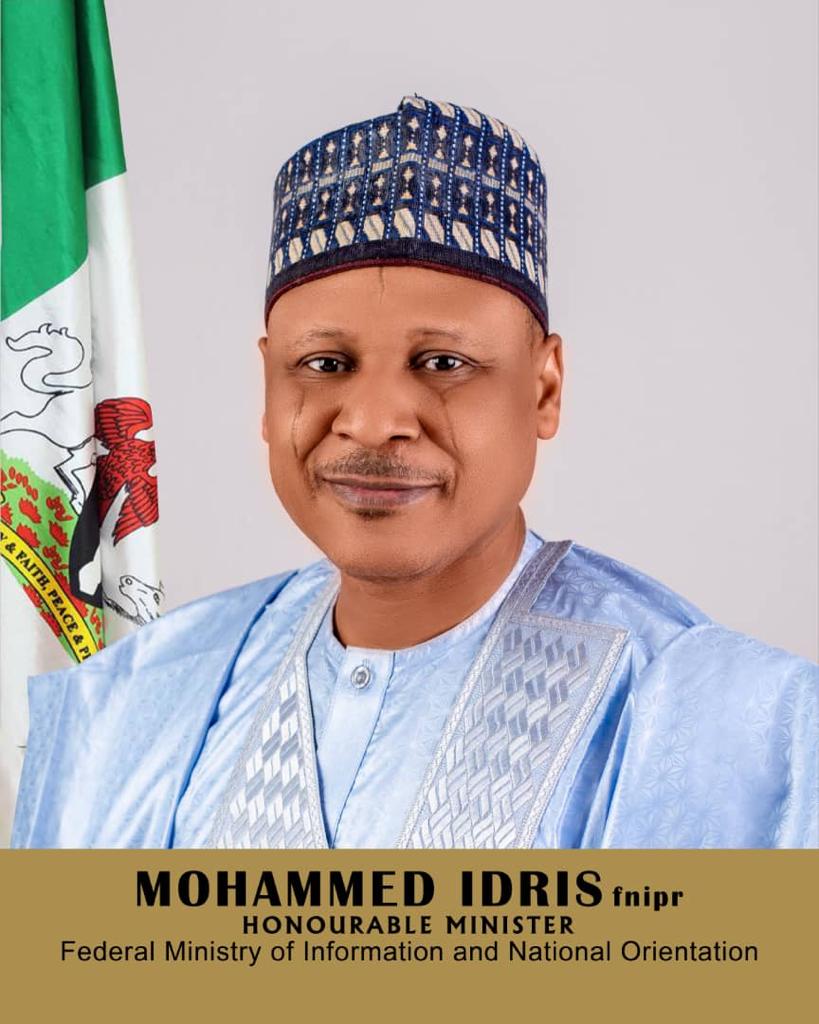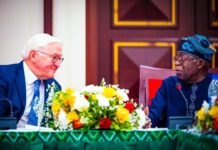The top UN envoy in Somalia, Nicholas Haysom, on Thursday said that al-Shabaab remains the biggest source of insecurity in Somalia.
The Special Representative of the UN Secretary-General for Somalia said this in his briefing to the UN Security Council.
“In spite of the ongoing operations to degrade the terrorist group, it still has the capacity to conduct indiscriminate attacks on Somali citizens, and target electoral delegates, the Somali security forces and AU Mission to Somalia (AMISOM),” the official said.
Two UN staff members and a contractor were injured on Tuesday after seven mortars landed inside the UN compound in the Somali capital, Mogadishu, the responsibility for this attack was claimed by al-Shabaab.
“In no country are attacks against the UN acceptable,” said Haysom.
AMISOM and Somali security forces operations have succeeded in denying al-Shabaab the possibility of launching conventional attacks, the UN envoy said.
“It now relies on improvised explosive devices and targeted assassinations.”
Al-Shabaab is a Somalia-based Islamist group, which has split into two groups, with one still pledging allegiance to Al-Qaeda, the other to the Islamic State of Iraq and the Levant (ISIL).
Haysom also warned that pro-ISIL elements have targeted business owners using extortion to extract revenue and conducting assassinations in Mogadishu and Puntland.
“It appears that the cause of conflict between the two extremist groups is now primarily driven by financial interests,” said Haysom, adding that their focus is now on “extortion of so called taxes.”
Just hours after Tuesday’s fire attack on the main UN compound in Mogadishu, the Somali government ordered Haysom to leave the country, alleging that he interfered in its sovereign affairs.
The drastic move by Somalia came after the UN envoy asked clarification from the government on whether UN-supported forces were involved in the shooting of demonstrators in the Southern city of Baidoa in December.
Haysom demanded answers from the government about the legal basis for arresting former al-Shabab Deputy Leader, Mukhtar Robow, who was the main challenger in the South West State elections for regional presidency.
Robow’s arrest sparked clashes between Robow’s supporters and Somali security forces from Dec. 13 to .Dec. 15, 2018, resulting in the death of 15 people.
In his briefing to the Security Council, Haysom said that the arrest of the former al-Shabaab deputy leader “marred the process and does not bode well for upcoming electoral processes in other regions or for the 2020 national elections.”
This may also have implications for the likelihood of future al-Shabaab defectors, who may be considering exchanging violence for a political path, said Haysom. (Xinhua/NAN)



